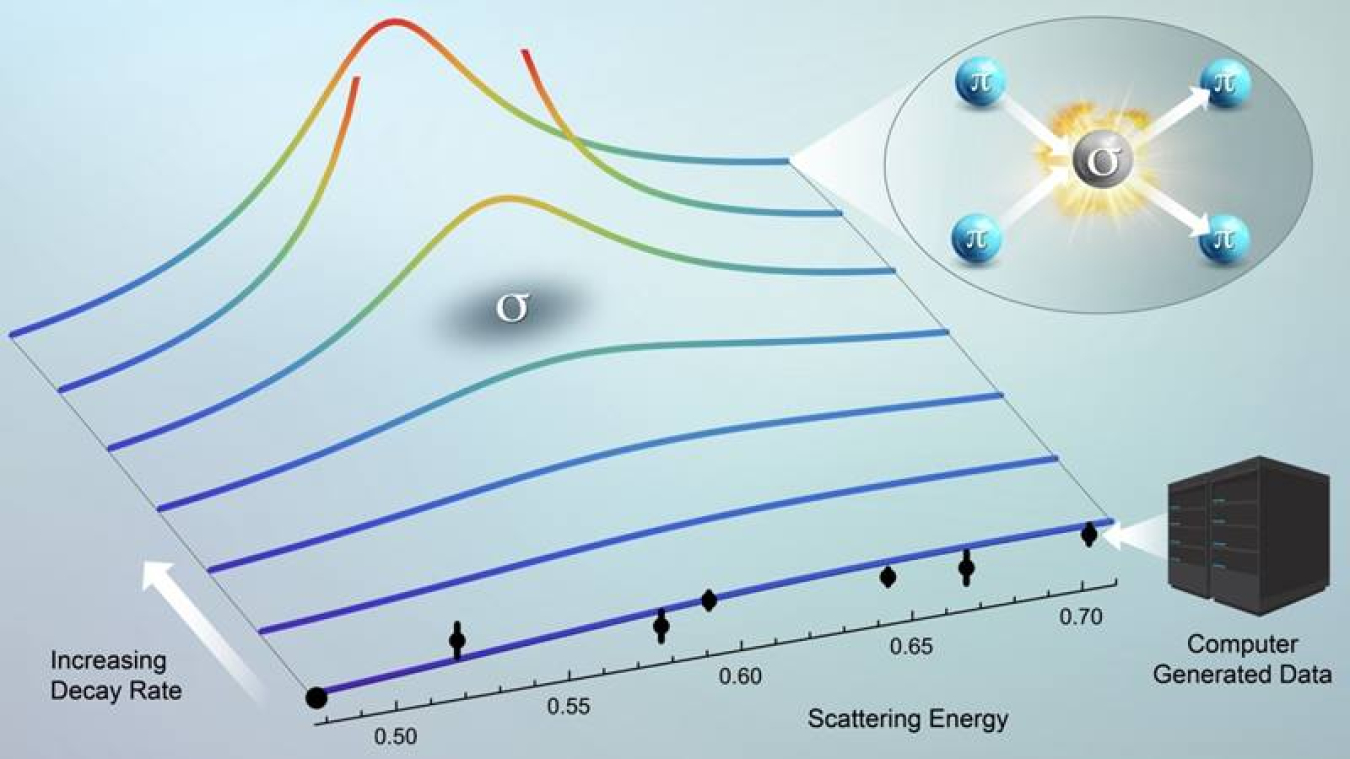Crustal Brines at an Oceanic Transform Fault
Woods Hole Oceanographic InstitutionA team led by the Woods Hole Oceanographic Institution (WHOI), presents new details of an oceanic transform fault at the Gofar fault in the eastern Pacific Ocean. The NSF funded work reveals unexpected brine deposits beneath the seafloor near the fault, which could change the way we conceptualize oceanic transform faults.




















